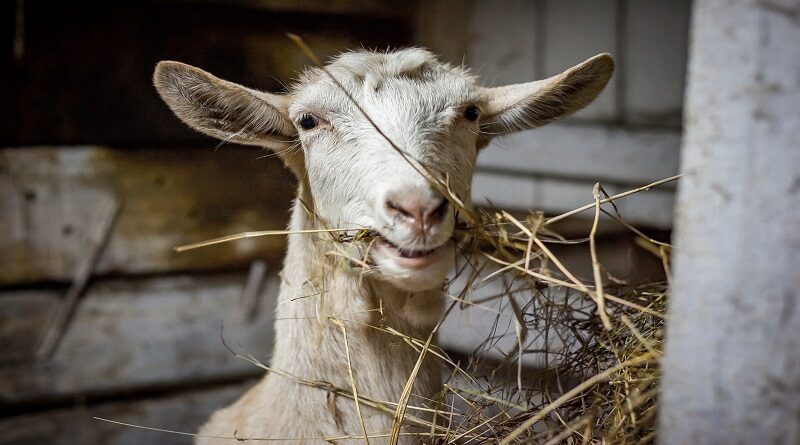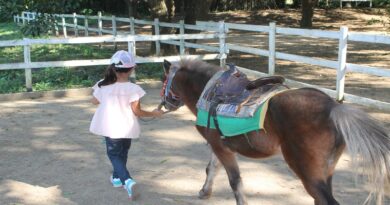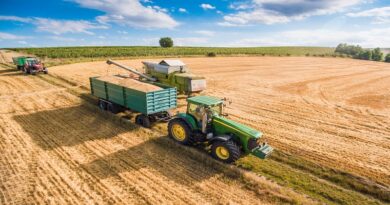Postgraduate courses in Animal Husbandry
Animal husbandry is a term that some people might not have heard very much but they are more than familiar with the work of animal husbandry and what it involves.
It is an extremely important area for those working in it and those who reap the benefits of the products produced as a result.
If agriculture and animals are an area you desire to work in, then stick around, we have many courses for you to have a look at to get your postgraduate course search up and running.
What is animal husbandry?
Animal husbandry is the branch of agriculture that deals with the practice of breeding, farming and care of farm animals. It is an area that is concerned with animals that are raised for meat, fibre, milk, eggs and other products. It also refers to selective breeding. Such animals include cattle, sheep and horses.
This career falls under the category of farm workers, farming, ranch workers and working with aquacultural animals.
Work involved
The general work duties involved in this field in general may include:
- Attend, care for and live farm, ranch or aquacultural animals – cattle, sheep, goats, poultry, fish, horses
- Care for, monitor and attend to animals produced for animal products
- Feed animals
- Water and graze animals
- Weigh and herd and catch animals
- Upkeep of records and documents on animals
- Clean and maintain animal housing
- Shear sheep
- Collect eggs, gather produce
Courses
There are many courses on offer in the area across the UK. Some courses offer the opportunity to study either part time or full time. Universities may have certain restrictions in place due to Covid-19 and may offer courses online. Courses available include:
Animal Nutrition
Postgraduate courses in Animal Nutrition will allow students to gain the relevant knowledge and understanding of the principles and practice of animal nutrition in production and companion animals. Students will tackle different areas critical in reaction to animal nutrition including addressing issues such as the lack of appreciation of nutrition in the commercial animal feed industry. Other areas covered include feed composition and evaluation, digestive anatomy and physiology and nutritional biochemistry and metabolism, among others.
Small Animal Dermatology
A postgraduate course in small animal dermatology looks at the diagnosis and management of skin diseases in small animals. Courses in this area will give students the opportunity to gain a thorough and informed case based approach to dermatology. They will learn to approach the dog, the cat and exotic patients with various manifestations of skin disease in both a logical and scientific manner.
Animal Health and Welfare
These courses are exactly what they say on the tin. In a postgraduate course in animal health and welfare and covers modules such as comparative performance biology, ethics and consultation, animal health, disease control and surveillance as well as ethology and welfare. Specific modules may differ from course to course.
Other courses available include Equine Behaviour and Welfare, Small animal Endoscopy and Endosurgery Global Wildlife Health and Conservation, Wild Animal Health and Equestrian Performance, to name a few.
Entry Requirements
Entry requirements may differ from course to course or university to university. Therefore, it is important to research your specific course in detail to ensure you meet the entry requirements. As these courses are postgraduate courses, you will need a bachelor’s degree. Some courses may accept a 2.2 degree while others will require a 2.1. A degree in a relevant area is preferred.
Salary
Your salary may depend on your exact job and your specific employment. It is difficult to put an exact figure on it so we will give you examples of salaries in jobs within the field. For example, the average salary of farm workers in the UK is believed to be around £30,764. With several years experience as an animal nutritionist you may earn between £35,000 and £50,000.
Skills and requirements
Skills and requirements helpful in this area include:
- Critical thinker
- Strong communication skills
- Strong listening skills
- Ability to monitor and control different operations
- Problem solver (possibly in complex situations)
- Ability to operate farm equipment and machinery
- Strong time management skills
- Active learner
- Ability to teach and instruct others
- Persuasive
- Strong management skills
- Strong reading skills
- Strong leadership skills
- Interpersonal skills
- Strong initiative
- Adaptable/flexible




